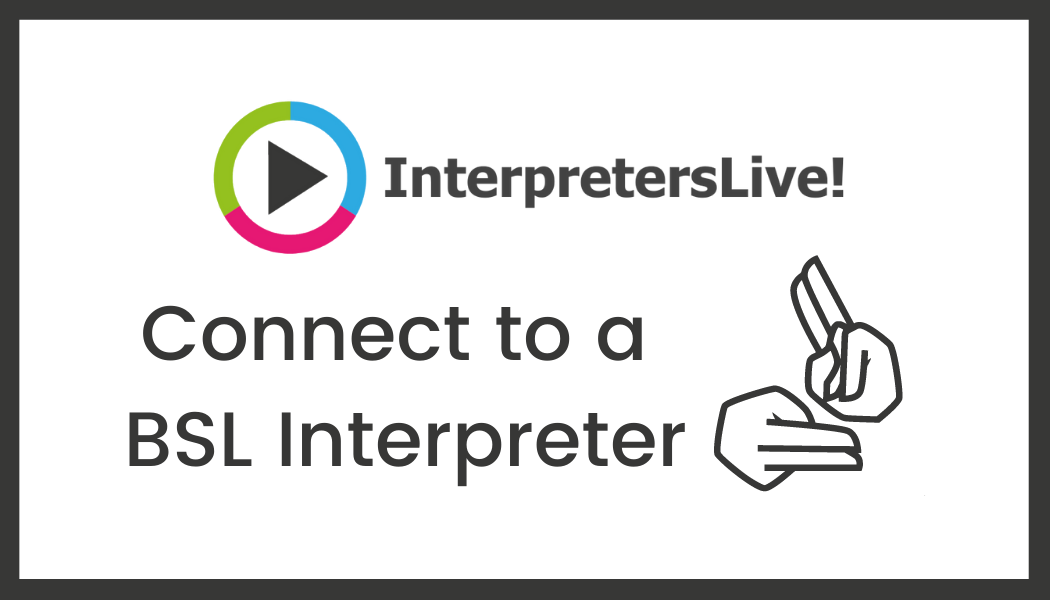
While the impact of Covid-19 on unemployment remains a key issue, confidence in the global sporting jobs market has increased since 2020.
According to the results of the latest People Agenda Survey conducted by Global Sports, the period between March and July 2021 saw a 20% increase in confidence since 2020 in respondents’ ability to retain current jobs over the next 12 months, with a 27% increase in optimism to find a job amongst job seekers.
Global Sports surveyed more than 600 participants from 90 countries across the world to help gain an understanding of how events have impacted those working in sports over the last 12 months and how the industry is transforming.
The survey revealed that just 6% of respondents have low confidence about retaining their current jobs, compared to 19% in 2020. A clearer future coupled with wages rising at their fastest rate in 25 years are thought to be key drivers of returning job confidence. Furthermore, record numbers of vacancies and employers battling for talent have provided employees with renewed career optimism and the opportunity to negotiate their position in an organisation.
Remote working: Who is it working for?
The last year also saw a significant shift in the way we work. While remote working was a necessity at the start of the pandemic, many companies are still undecided if the future of work is fully remote, hybrid or flexible. For almost half of the survey respondents (46%), remote working has proved unsuccessful, suggesting further efforts need to be made to establish a style that suits all levels of seniority, organisation functions and business types.
Interestingly, the survey found that male employees view their company’s adaption to remote working to be less successful than their counterparts, suggesting that certain groups work better and feel more productive in different environments. Such data should tell organisations that there's no such thing as a one-size-fits-all approach when it comes to working practices. It must be evaluated on an individual basis for maximum inclusion.
The importance of purpose
It’s becoming increasingly evident that today’s sports industry workplaces must consider their ‘purpose’ and align this with the aspirations of current and future employees. Those companies with a clear purpose and defined company values are more appealing to today’s job seekers who are looking for responsible and ethical employers.
It is, therefore, unsurprising that 87% of respondents believe that a purpose-led organisation will be a major consideration when choosing their next employer, further confirming that this approach is imperative for organisations looking to attract quality talent.
The sports industry performs well against the global average, with 74% of respondents believing their company has and communicates their purpose successfully, compared to 62% in other industries.
A large majority (84%) of those surveyed also confirmed that it’s important to understand a company’s culture and values before working for them, with 87% of women stating their importance compared to 82% of men. This slight gender split should prove interesting for those organisations looking to attract more women onto their team, suggesting that highlighting messaging around values across all external comms is crucial to connecting with target talent.
Sustainability goals
The United Nations Sustainable Development Goals are a collection of 17 interlinked global goals designed to be a "blueprint to achieve a better and more sustainable future for all". The pandemic, increased climate concerns and a heightened political landscape in 2020 saw society’s values and aspirations shift, with a renewed focus on equity, wellbeing and support.
The Global Sports survey asked respondents which of the UN Sustainable goals they most aligned with to build an empowered workforce for tomorrow. The results were:
- Good health and wellbeing (91%)
- Reducing inequality (88%)
- Quality education (88%).
As a consciously inclusive talent acquisition solution, the team at level= is pleased to see that reducing inequality ranks as a key priority for sports organisations and employees worldwide. Through this shared vision and passion, sport, business, and society can become truly fair and fully sustainable for all.
Your partner in action
The future of sport is driven by difference. Here at level=, it’s our mission to help every sports organisation, regardless of size or scope, bring diversity and inclusion to their leadership and broader teams.
Whether you are building greater equity within your organisation or looking to take the next step in your career in sport, our team is committed to working with you to offer the skills, services and access to a globally diverse and level field of possibility.
Connect with us on 020 8392 9959 or email hello@levelequals.com.




